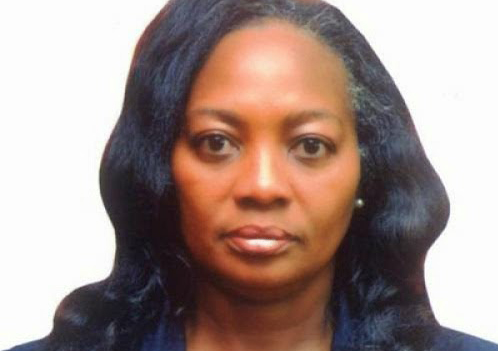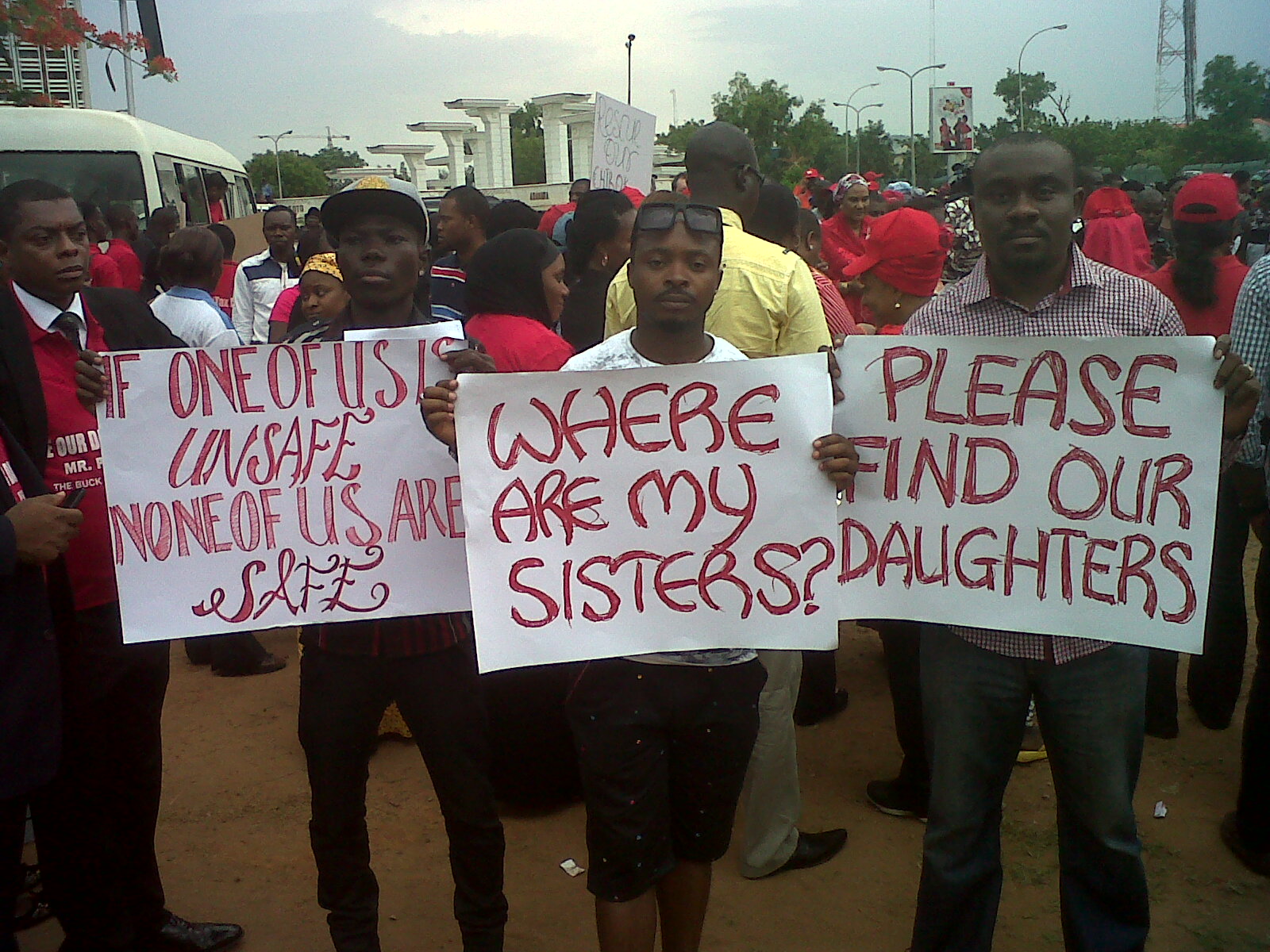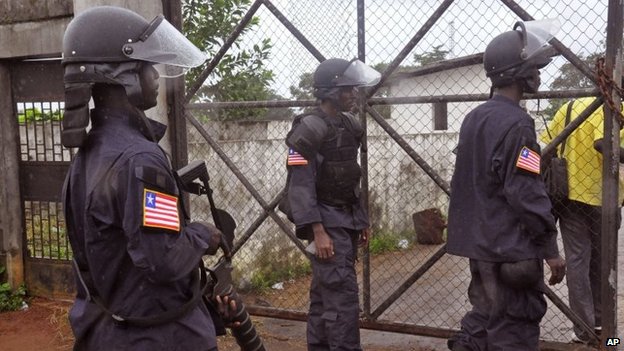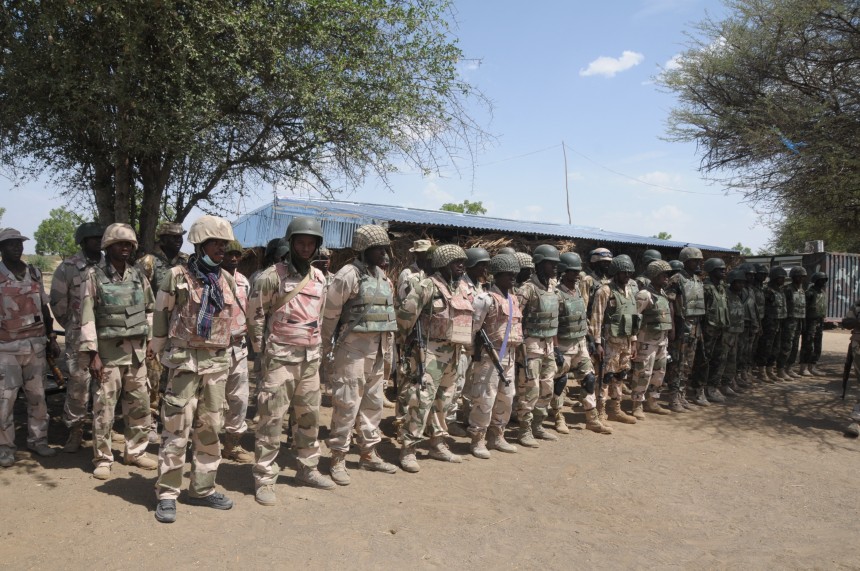Nigeria appears to be getting a grip on the Ebola virus disease, with only three patients still undergoing treatment at an isolation ward in Lagos.
So far, five persons have been discharged while four have died ─ bringing the total number of infections to 12, including the index case from Liberia.
There are three new suspected cases ─ one from Kaduna and two other primary contacts with the index case ─ but none has been confirmed yet.
Dozens of people under quarantine are still being monitored.
Advertisement
Explaining this to the media on Monday, the Lagos State commissioner for health, Dr. Jide Idris, said the three remaining confirmed cases “are being managed, monitored and would be discharged once they recover”.
Although he did not reveal their identities, one of the remaining cases is thought to be Dr. Stella Adadevah (pictured), a doctor at the First Consultant Hospital, Lagos, who had contact with the Liberian when he was on admission at the hospital.
The commissioner also said the new suspected cases are being monitored.
Advertisement
The blood sample of one suspected victim was sent in from Kaduna State where there is no laboratory to conduct the test.
Many Nigerians have been wondering what sort of treatment is being administered to the patients, given that there are yet no drugs for treating the virus and Nigeria does not have access to the experimental drugs.
Idris explained: “If a patient presents a diarrhoea and vomiting, you have to replace fluids and electrolytes. If the patient presents pain, you have to give pain killers. If the patient is infected, you would give antibiotics. It depends on the presentation of each patient, but I know they have enough drugs and enough medicine to take care of all those cases.
“If they require intensive care, that is part of the equipment that have been brought in. They would be provided now that we have more medical personnel to handle this people.”
Advertisement
He also explained the processes followed in declaring a patient infection-free.
Idris said the discharge is based on the protocol provided by the World Health Organisation (WHO) and the Centre for Disease Control (CDC), which is based on blood check.
Those released are first counselled by psycho-social workers “and they would also come in periodically for check-ups but by protocols they are okay”, he said.
“If you take the blood and the person is positive you take him into isolation and you mind him, continue to test the blood. Once he tests negative, it means the person is free but you have to be symptoms free for at least three days,” he said.
Advertisement
There are now about eight doctors, including an infectious disease expert from the Lagos State University, who are attending to the patients, he said.
There are also nine nurses and some health workers “who have all been trained and fully understand the protocol”, he said.
Advertisement






